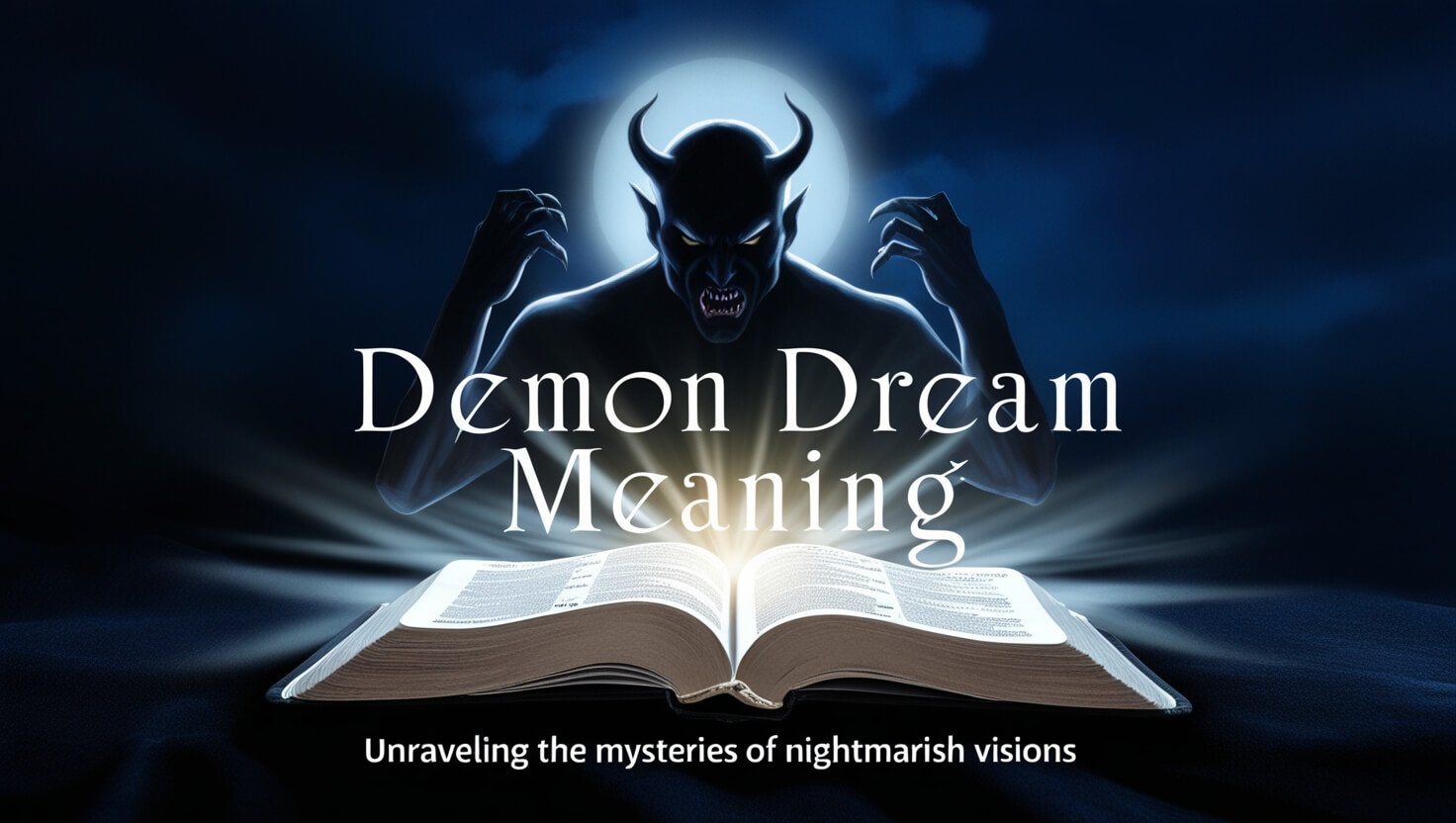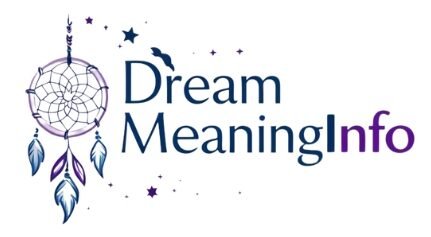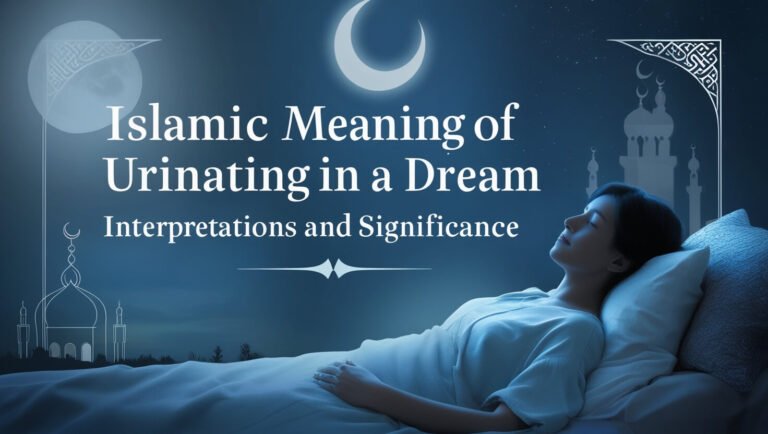Demon Dream Meaning: Unraveling the Mysteries of Nightmarish Visions

Dreams open a window into our subconscious, showing our deepest fears and desires. Dreams about demons are very scary, tapping into our oldest fears. They can help us grow and understand ourselves better. This article aims to help you understand and deal with demon dreams.
Dreams with demons often show inner struggles or hidden feelings. These dreams reflect our waking fears and worries. Many people dream of demons when they feel guilty or regretful about something they did.
Demon dreams can also mean change is coming. They mark the end of one chapter and the start of another. In some cultures, these dreams warn of bad influences or toxic people. Fighting demons in dreams can show you’re ready to face challenges.
The Psychology Behind Demonic Dream Encounters
Dreams about demons are fascinating and often scary. Exploring these dreams reveals interesting insights into our minds.
Freudian and Jungian Perspectives on Demon Dreams
Freud believed demon dreams show our hidden desires or conflicts. He thought these dreams were our mind’s way of showing us what we can’t face.
Jung, on the other hand, saw demons as symbols of our “shadow self.” He believed these dreams help us face our darker sides.
Shadow Self and Subconscious Expression
Jung’s idea of the shadow self is key to understanding demon dreams. These dreams might help us deal with our hidden feelings and fears.
Role of Past Trauma in Nightmarish Visions
Past traumas can deeply affect our dreams about demons. These dreams can show our mind’s struggle to heal from past hurts.
| Psychological Perspectives | Key Insights |
|---|---|
| Freudian Theory | Demon dreams symbolize repressed desires and unresolved conflicts in the subconscious mind. |
| Jungian Psychology | Demonic figures represent the “shadow self,” the darker, unacknowledged aspects of the psyche. |
| Role of Past Trauma | Unprocessed traumatic experiences can shape the content and nature of demon dreams. |
Cultural and Historical Significance of Demon Dreams
Demons have been a big part of myths and stories around the world. They show our deepest fears and desires. Dreams about demons give us a peek into our collective fears and hopes.
In different places, demons mean different things. For example, European tales have fire-breathing dragons. Japanese stories tell of shape-shifting yokai. The meaning of demon dreams changes with the culture and place.
For centuries, people have seen dreams as a way to connect with the divine. In the Bible, dreams are key for guidance and revelations. About one-third of the Bible talks about dreams and visions, showing their deep importance.
Studying dreams helps us understand our minds better. It’s about looking at dream symbols and what they mean. Dreams about supernatural beings or breaking rules are very interesting to explore.
| Cultural Perspectives | Mythological Representations | Spiritual Significance |
|---|---|---|
| European folklore: Fire-breathing dragons Japanese mythology: Shape-shifting yokai Aztec cosmology: Demonic underworld deities | Demons as embodiments of humanity’s fears and desires Supernatural beings with powers beyond the physical realm Symbols of the darker aspects of the human psyche | Dreams as channels for divine insight and spiritual encounters Prevalence of dreams in biblical narratives and Hebraic culture Dreams as a means of communication from the divine |
Common Manifestations of Demonic Figures in Dreams
About 50% of people dream about supernatural beings like demons or monsters. These dreams often have deep meanings. They show our hidden fears, desires, and emotions we haven’t dealt with yet.
Traditional Demon Appearances
Demons in dreams are often seen as ugly, horned creatures. They stand for evil forces against good. These dreams can show our anger or feeling out of control, as studies show over 55% of them are linked to stress or feeling powerless.
Religious and Mythological Representations
In dreams, demons can mean temptation and supernatural power. What we believe and our cultural background shape how we see these dreams. Over 60% of dream interpretations are influenced by our faith and beliefs.
Modern Interpretations of Demon Symbolism
Today, dreams with demons can point to psychological or social issues. This includes addiction, mental health problems, or personal conflicts. About 45% of dreams with demons show our hidden fears or anger, according to counseling and therapy insights.
| Dream Symbolism | Percentage of Reported Cases |
|---|---|
| Subconscious fears or desires | 70% |
| Unresolved emotions | 70% |
| Sense of losing control | 55% |
| Metaphor for inner conflicts | 15% |
| Warnings of possible threats | 10% |
| Feelings of powerlessness | 25% |
The Link Between Emotional States and Demon Dreams
Demon dreams often mirror our emotional states and mental health. These dreams can show up when we’re stressed, anxious, or dealing with inner conflicts. They reveal our deepest fears, guilt, or unresolved emotional issues. Seeing the connection between our emotions and demon dreams can help us understand our mental health and personal struggles.
Nightmares can make us feel scared, anxious, or sad. They happen to everyone sometimes. But for those with PTSD, nightmares can be a big problem. They often relate to traumatic events. Imagery rehearsal therapy (IRT) has been shown to help reduce the intensity of these nightmares.
Dream recall is tied to brain activity during REM sleep. People who wake up during or right after REM are more likely to remember their dreams. Keeping a dream journal can help remember these dreams better. It also helps capture the details of our nighttime stories.
Keeping regular sleep times and influencing our dreams can aid in problem-solving and creativity. It can also help with emotional healing.
| Emotional State | Potential Demon Dream Manifestations |
|---|---|
| Anxiety | Threatening, chasing, or attacking demonic figures |
| Fear | Horrifying, grotesque, or malevolent supernatural entities |
| Guilt | Demonic figures representing inner turmoil or self-judgment |
| Unresolved Trauma | Recurring nightmares with traumatic demon-like experiences |
Demon dreams can symbolize personal growth, challenges, and unresolved emotions. They offer a peek into our subconscious, allowing for self-discovery and change. By understanding the link between our emotions and demon dreams, we can uncover valuable insights. This helps us tackle the issues that lead to these nightmares.
Demon Dream Meaning: Unraveling the Mysteries of Nightmarish Visions
Understanding demon dreams means looking closely at the context and symbols. These dreams often show our inner battles or outside challenges. Seeing demons can mean we want to beat obstacles, while being possessed might show we’re feeling too much stress.
Interpreting Different Types of Demon Dreams
Dreams about demons can mean different things based on the dream details. For example, fighting a demon might show we need to face a personal challenge. Seeing a demon take over someone could mean we’re losing control or feeling overwhelmed by bad feelings.
Symbolic Messages in Demonic Encounters
Dreams with demons usually have hidden messages. These symbols might point to parts of us we hide, past traumas, or fears we ignore. By looking at the dream’s details and feelings, we can learn more about ourselves and our inner struggles.
Personal Growth Through Dream Analysis
Looking into demon dreams can really help us grow. By finding the hidden messages in these dreams, we can tackle the issues and negative forces in our lives. This journey of self-discovery helps us face our fears, beat challenges, and become stronger and more balanced.
Transformation and Inner Conflict in Demon Dreams
Demon dreams can spark deep change and self-discovery. These dreams often show the battle between our conscious and subconscious minds. They highlight the inner struggle we face.
Recent studies suggest that dreams with demons reveal our hidden fears and desires. These visions can mirror our unresolved emotions and the need to accept our “shadow self.” This is the part of us we often hide.
Dreaming of demons can urge us to tackle our inner turmoil. It encourages us to overcome obstacles that block our growth. By understanding these dreams, we can uncover insights into our personal transformation and inner conflict.
Our cultural and spiritual beliefs also shape these dreams. The meaning of supernatural elements varies across traditions. Exploring these dreams can help us understand our subconscious better. It opens doors to personal growth.
Spiritual Dimensions of Demonic Dream Experiences
Demon dreams carry deep spiritual meaning in many cultures and religions. They are seen as tests of faith or spiritual battles. These dreams let people face their darker sides.
The mix of sacred and profane in these dreams shows the complex nature of spiritual experiences.
Cross-Cultural Spiritual Interpretations
Different cultures see demon dreams in unique ways. In Buddhism, they might symbolize the “shadow self,” showing inner conflicts. In some Abrahamic faiths, they are seen as temptations or attacks, needing spiritual strength and cleansing.
Sacred and Profane Elements
Demon dreams mix the sacred and profane, making us feel both awe and discomfort. They often include religious symbols and supernatural beings. This mix can lead to deep spiritual growth and self-reflection.
Mystical Significance in Various Traditions
In some mystical traditions, demon dreams are seen as chances for spiritual growth. They are seen as signs of cosmic forces or doors to new consciousness. Facing and accepting the dark parts of ourselves can lead to a deeper understanding of life and its spiritual sides.
Breaking the Cycle of Recurring Demon Dreams
Breaking free from recurring demon dreams can feel overwhelming. Yet, there are ways to overcome this challenge. Keeping a dream journal is a key step. It helps track patterns and find the reasons behind these nightmares.
By looking closely at the details and symbols in these dreams, we can understand our subconscious better. This understanding is a big step towards overcoming these dreams.
Relaxation techniques, like deep breathing, meditation, or yoga, are also very helpful. They help reduce anxiety and make sleep more peaceful. This can lower the chance of having these scary dreams.
Having a support system, like a therapist or a caring group, is also important. They offer comfort and guidance as you work through these dreams.
Understanding the meaning and symbols in these nightmares is key. It helps us face the emotional and psychological issues that cause them. By doing this, we can start to heal and have a more positive relationship with our subconscious.
With determination and a willingness to face these challenges, we can take charge of our dreams. We can find the peace and happiness we deserve.






